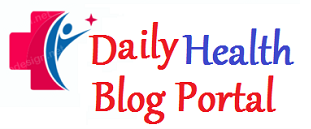In the U.S., many mental health issues remain unaddressed, affecting a broad spectrum of the population. These challenges have profound impacts on how people behave, manage stress, and interact with one another. Accessing mental health services is particularly challenging and is further complicated by racial and ethnic minority groups facing even greater obstacles. With one in five Americans experiencing mental illness, the complexities of navigating our healthcare system intensify.
For various ethnic and racial groups, systemic barriers hinder access to necessary mental health care. These barriers not only limit the availability of services but also affect the quality of life and disease prevention for the underserved and often unheard.
To improve access to mental health services and make them more inclusive, it’s important to have open discussions about mental health, utilize supportive platforms, and employ non-stigmatizing language that promotes healing. By addressing stereotypes and fostering an environment of understanding, we can enhance mental health support across communities.
Recognizing and addressing implicit biases is essential when discussing disparities in mental health care. Everyone should aim to ensure that biases, often derived from societal norms, do not influence the treatment or perceptions of individuals seeking help. For those in the Chicagoland area, couples therapy in Chicago is readily accessible, aimed at providing equitable care. Additionally, a variety of mental health services are available to meet diverse needs, ensuring comprehensive support across the community
These steps are just some ways to enhance mental health advocacy on an individual level. For more detailed approaches to tackling these issues, consider engaging with specialized organizations like Elevate Counseling.

